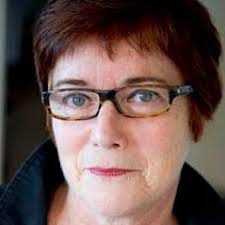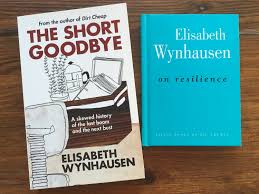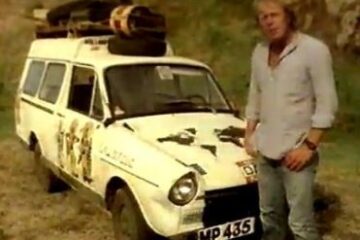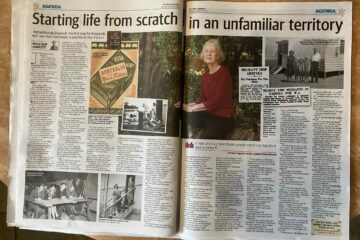The Wynhausen family represents one of the many Dutch–Jewish stories of postwar migration to Australia. Paul Wynhausen and Marianne (Mary) Nathans were both born in the Netherlands and endured the years of Nazi occupation. They met in Switzerland, where many Dutch Jews had taken refuge during the Second World War. In 1951, seeking a new beginning, they migrated with their young children to Australia.
The family settled in Manly, Sydney. Like many new arrivals in the early 1950s, Paul and Mary faced the challenge of starting again in an unfamiliar country. Paul supported the family by driving taxis, while Mary opened a small dress shop, Paris Frocks of Manly, which became part of the suburb’s postwar immigrant business life.
Their children, Elisabeth (born 1946 in Maastricht) and Jules (born 1947 in nearby Heer), grew up in Manly and were educated in Australia. Both remained deeply marked by their family’s background as wartime survivors and migrants.
Elisabeth Wynhausen
Elisabeth went on to become one of Australia’s best-known journalists. After starting her career at the National Times, she wrote for The Age, The Sydney Morning Herald and The Australian. She authored several books, including Manly Girls, a memoir that explored her youth in postwar Sydney through the lens of her Dutch-Jewish family, as well as Dirt Cheap, on low-wage work in Australia, and The Short Goodbye, reflecting on factory closures and the human cost of globalisation. Elisabeth died in Sydney in 2013, remembered as a sharp and compassionate voice in Australian media.


Jules Wynhausen
Her younger brother Jules lived more quietly, but his life too reflected the Dutch–Australian migrant experience of the postwar generation. Born in Maastricht in 1947, he grew up in Sydney alongside Elisabeth and remained connected to the family’s story. He passed away in 2007.
Dutch–Jewish migration legacy
The Wynhausen family’s journey is part of a wider pattern of Dutch-Jewish migration in the aftermath of the Second World War. Families such as theirs sought safety, stability and new opportunities in countries like Australia. In their case, the Netherlands’ wartime trauma and the resilience of survivors shaped a new life in Sydney. Their daughter Elisabeth carried this history into her public career, where she gave voice to issues of social justice, labour, and the migrant experience.
See also:


